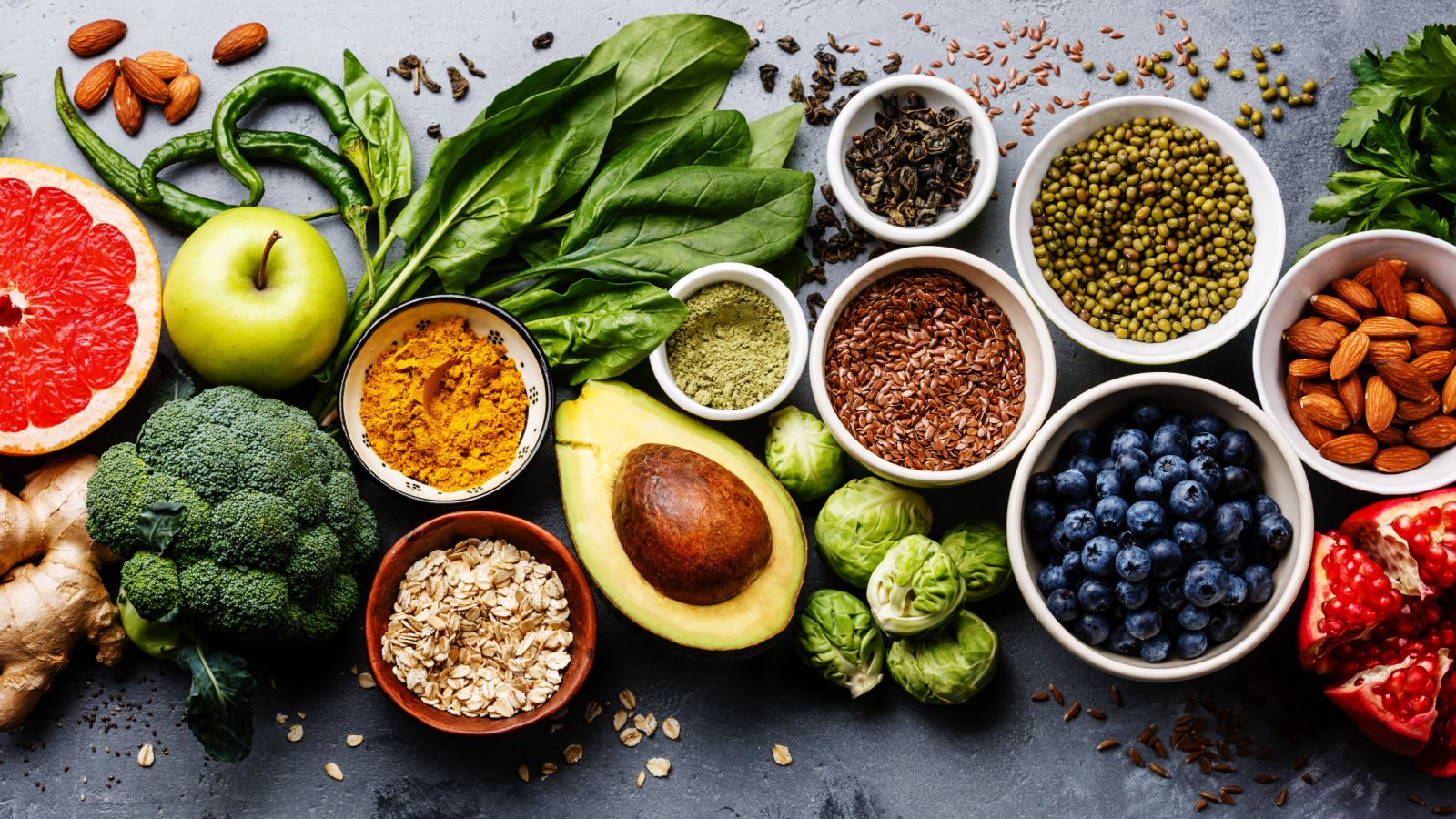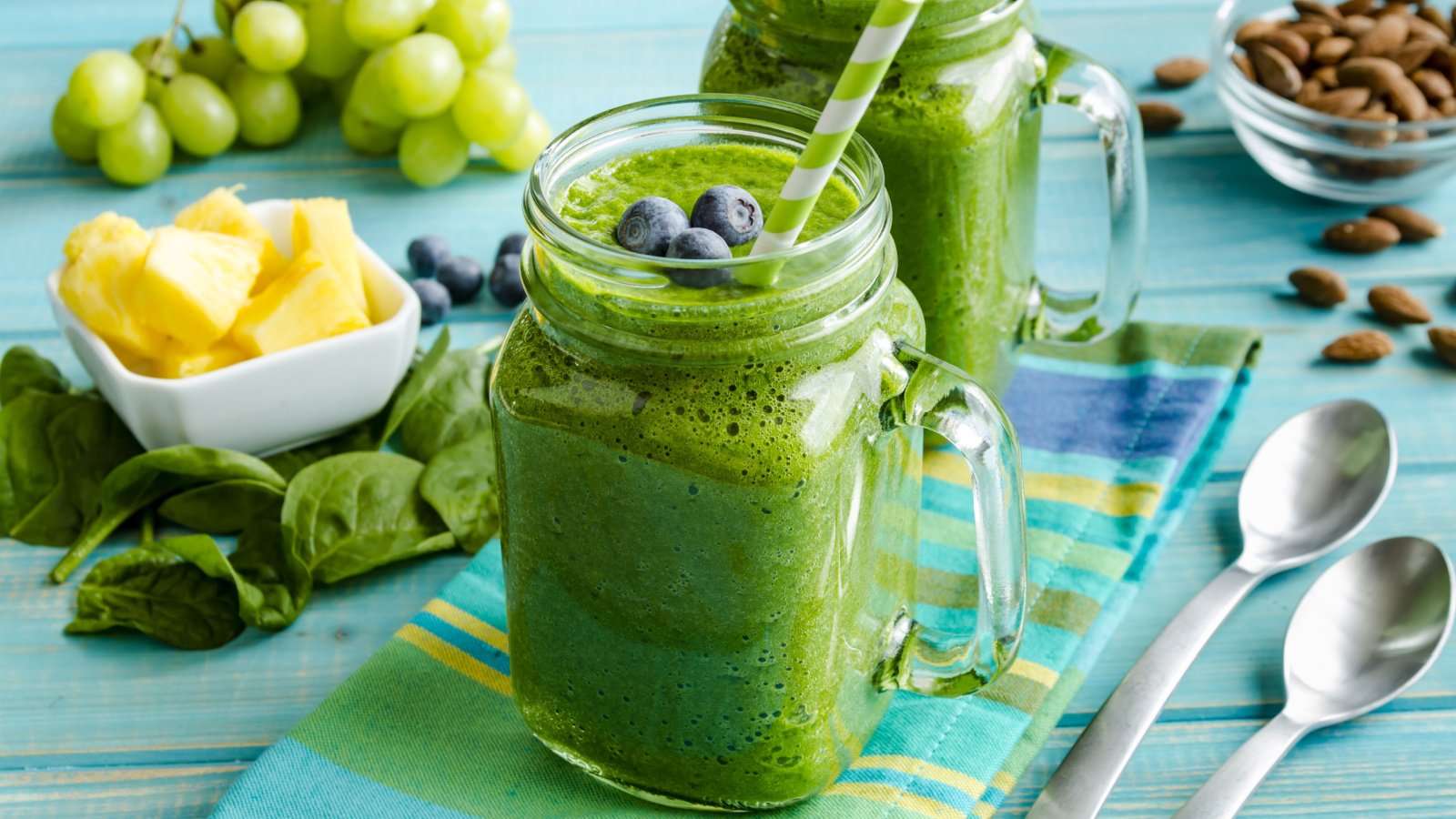Explore the tips and tricks of becoming vegan. From protein-packed meals to mindful eating, discover how to navigate this tricky and sometimes restrictive diet with expert-backed strategies and considerations.
Incorporate Protein-Rich Foods

Protein is essential. Opt for lentils, beans, tofu, and quinoa, which are all protein-packed. These foods not only fulfill your daily protein requirements but also offer a variety of flavors and textures, making your meals interesting. Experiment with different cuisines to keep your diet diverse and enjoyable.
Embrace Whole Grains

Whole grains are your friends. Foods like brown rice, barley, and whole wheat provide essential nutrients like fiber, B vitamins, and iron. Not only do they help maintain a healthy gut, but they also keep you fuller for longer. Try incorporating them into your meals in creative ways, like using quinoa in a salad or barley in a hearty soup.
Vitamin B12 is Crucial

Since B12 is mainly found in animal products, as a vegan, you’ll need to seek alternative sources. Nutritional yeast, fortified plant milk, and B12 supplements are excellent choices. Regularly including these in your diet helps prevent deficiencies and supports nerve and blood cell health. A little goes a long way with B12.
Omega-3 Fatty Acids

Don’t forget about omega-3s. Flaxseeds, chia seeds, walnuts, and hemp seeds are great vegan sources. These fats are important for heart health and brain function. Sprinkle these seeds on your oatmeal or blend them into smoothies for an easy nutrient boost.
Iron Intake Is Key

Iron is vital, and plant-based iron sources include lentils, chickpeas, tofu, and spinach. Pair these with vitamin C-rich foods like oranges or bell peppers to enhance absorption. Remember, plant-based iron is different from meat-based iron, so it’s important to be mindful about its intake. Regular blood tests can help monitor your levels.
Calcium for Bone Health

Vegans must pay attention to calcium. Fortified plant milks, almonds, tahini, and leafy greens are good sources. Calcium is crucial for bone health, especially as you age. Try to include a variety of these foods in your daily diet.
Vitamin D for Sunshine and Health

Vitamin D can be challenging to get from food alone. Sun exposure is key, but consider fortified foods or supplements in colder months. This vitamin is essential for bone health and immune function. Always check with a healthcare provider before starting any supplement.
Zinc for Immunity

Zinc plays a crucial role in immune function. Sources include whole grains, nuts, seeds, and legumes. Since plant-based zinc is less easily absorbed, consider soaking nuts and seeds or choosing sprouted grains. Regular consumption of these foods can help maintain adequate zinc levels.
Healthy Fats for Balance

Incorporate avocados, nuts, and olive oil into your diet. These healthy fats are good for your heart and help you feel satiated. They enhance the absorption of fat-soluble vitamins and add a creamy texture to vegan dishes. Use them in dressings, sauces, or simply as a snack.
Stay Hydrated

Hydration is key for overall health. Water, herbal teas, and hydrating fruits and vegetables like cucumber and watermelon should be a part of your daily intake. Staying hydrated aids digestion, skin health, and energy levels. Make it a habit to carry a water bottle with you.
Explore Plant-Based Protein Powders

For an extra protein boost, consider plant-based protein powders. They come in various flavors and can be added to smoothies, oatmeal, or baking recipes. These powders are especially useful for athletes or those with higher protein needs. However, choose ones with minimal additives for the best health benefits.
Colorful Fruits and Vegetables

Eat a rainbow of fruits and vegetables. They provide a wide array of vitamins, minerals, and antioxidants. Not only do they add vibrancy to your plate, but they also protect against various diseases. Try to include at least three different colors in every meal.
Mindful Snacking

Choose snacks wisely. Opt for whole foods like fruits, nuts, or hummus with vegetables. These snacks provide essential nutrients and prevent energy dips. Avoid heavily processed snacks, which are often low in nutrients and high in sugar or salt.
Herbs and Spices for Flavor and Health

Herbs and spices are not just flavor enhancers. They also offer health benefits, including anti-inflammatory properties. Incorporate a variety of herbs and spices into your cooking to not only make your food delicious but also to boost your health. Experiment with different combinations to keep your taste buds excited.
Probiotics for Gut Health

Probiotics are important for a healthy gut. Sauerkraut, kimchi, and plant-based yogurts are great sources. These fermented foods aid in digestion and enhance the absorption of nutrients. Try adding them to your meals for a tangy twist.
Seasonal Eating

Embrace seasonal produce. Seasonal fruits and vegetables are fresher, more flavorful, and often more affordable. Eating seasonally also means a naturally varied diet. Visit local farmers’ markets to discover what nutritious food is in season.
Meal Planning for Nutrient Balance

Plan your meals to ensure nutrient balance. A well-planned vegan diet can meet all your nutritional needs. Make sure each meal has a good balance of protein, carbohydrates, fats, and a variety of vitamins and minerals. Meal planning also helps in reducing food waste.
Mindful Eating Habits

Pay attention to how you eat. Eating slowly and mindfully helps in better digestion and nutrient absorption. It also allows you to enjoy the flavors and textures of your food more fully. Plus, it can help in recognizing hunger and fullness cues.
Check Labels on Processed Foods

Read labels on processed vegan foods. Many can be high in salt, sugar, or unhealthy fats. Look for products with short ingredient lists and recognizable ingredients. Remember, just because it’s vegan doesn’t automatically make it healthy.
Experiment with International Cuisines

International cuisines offer a wealth of vegan options. From Indian curries to Mexican beans, exploring different cuisines can add variety to your diet. It’s also a fun way to learn about different cultures and their culinary traditions. Plus, it keeps mealtime exciting.
Mindful Supplement Use

Consider supplements wisely. Essential nutrients like B12, vitamin D, and omega-3 fatty acids might be needed. Consult a healthcare professional to determine what’s right for you. Supplements should complement, not replace, a well-balanced diet.









好文!2026年世界杯越来越近了,让我们共同期待这场全球足球盛宴。日期:2025-11-12 09:40:28 (-03)。
Das MGM Grand bietet eine beeindruckende Auswahl an gastronomischen Einrichtungen, darunter preisgekrönte Restaurants und verschiedene Bars.
Die Wohneinheiten im MGM Grand sind modern und klassisch eingerichtet
und bieten den Gästen allen Komfort, den sie sich wünschen. Die berühmte Fremont Street Experience ist etwa
12 km entfernt und die University of Nevada in Las Vegas erreichen Sie in nur 10 Fahrminuten.
In einer lässigen Atmosphäre bietet dieses Restaurant traditionelle asiatische Speisen. Für das Frühstück bietet sich das große MGM Grand Büfett an, dessen Auswahl
keine kulinarischen Wünsche offenlässt. Das Badezimmer ist mit Marmor-Elementen verziert und
verfügt über einen übergroßen Schminkspiegel mit Hintergrundbeleuchtung.
• Modernes und gleichzeitig elegantes Design, zusätzlich mit getrennten Schlafzimmern Die Größe des MGM Grand ist beeindruckend –
mit 6.852 Zimmern ist es das größte Einzelhotel in den ganzen USA.
Moderne Hotelzimmer, einen riesigen Wellnessbereich,
das größte Casino der Stadt, zahlreiche Restaurants, Cafés und Bars.
Schillernde Leuchtreklamen, Spielcasinos und exklusive Partylocations ziehen jährlich mehre Millionen Menschen in die Wüste Nevadas.
References:
https://online-spielhallen.de/frumzi-casino-deutschland-ein-umfassender-uberblick/
The Bitcoin games are available for real money as well as practice.
The rest of the prize pool is shared among the other top players on the
leaderboard. The online casino runs this tournament every week and awards a top prize of €3,000 to the winner.
Some of the promotions are time bound, while others are regular features of the online casino.
BitStarz Casino’s welcome bonus package is spread over your first four
deposits.
Claiming this bonus is relatively easy, as you don’t need to perform complex tasks or make a deposit.
Before I signed up at Bit Starz, I thoroughly explored its promotions page to know the platform’s stance
on bonuses. In this review, I’ll discuss everything you need to know about Bit Starz’s bonuses, including how to claim them.
Slot and table games tournaments But, if we had to single out the biggest qualities of this platform, it would undoubtedly be really good offer of
games and enormous possibilities for banking.
Considering that Bitstarz online casino offers thousands of casino games, a large
promotional section, and a lot of additional casino-related content – it
is very easy to navigate. An endless sea of modern slot machines,
an amazing collection of live and table games, huge banking possibilities including several cryptocurrencies,
a plethora of promotions… Bitstarz Billion slot has 100 winning lines and an RTPRTP stands for “Return to Player.” The RTP describes the total
bet amount that a game returns to players over millions
of spins, and that figure is represented by a percentage.
References:
https://blackcoin.co/what-to-wear-for-the-casino-dress-code-and-whatll-get-you-kicked-out/
A 33-story hotel tower, with 928 rooms, was opened in 2004.
Early revenue was less than expected, and Wynn departed the resort in May 2000,
when Mirage Resorts merged with MGM Grand Inc.
Bellagio was conceived by casino owner Steve
Wynn, and was built on the former site of the Dunes hotel-casino.
Outside of your luxury room, you have many options that will keep you feeling great
and entertained. This experience starts and ends with the staff who
will do their utmost to ensure that you have the
holiday of a lifetime. The Bellagio Hotel Vegas works in many ways, small and large, to provide its guests with that ultimate high-class experience people covet.
If your room is not a suite, you can still enjoy a
Jacuzzi at Bellagio Hotel & Casino Resort. While his bathroom
often features a glass steam shower, her bathroom features a Jacuzzi.
It is designed to allow the guests to live “the high life”, as they relax in the deluxe bathroom
with full amenities.
That’s when the man started winning the hearts of
his roots that prompted them to reward such consistency that went on until he
passed away. In 1988, he even helped northern Armenia rebuild its area after the earthquake
that ruined almost everything in there. In 2004, he was even awarded National Hero of Armenia for all his achievements
in the business sector and charitable projects that helped a lot of unfortunate
groups in different parts of the world. He built
the world’s largest hotel chains like the International Hotel in 1969, MGM Grand Hotel in 1973, and MGM
Grand in 1993.
References:
https://blackcoin.co/53_high-roller-slots-list-of-the-top-11-high-roller-slots_rewrite_1/
online casino paypal einzahlung
References:
career.cihpng.org
online casino australia paypal
References:
page.yadeep.com
Awesome post! Join the fun at https://www.web-mqu-whatsweb.com 使用 WhatsApp 网页版的用户,享受更加流畅的聊天体验。 . Date: 2026-01-07 04:53:19 (-03).
Awesome post! Join the fun at https://www.web-mqu-whatsweb.com WhatsApp 网页版提供了丰富的表情符号和贴图选项,增加了聊天的趣味性。 . Date: 2026-01-08 04:32:30 (-03).